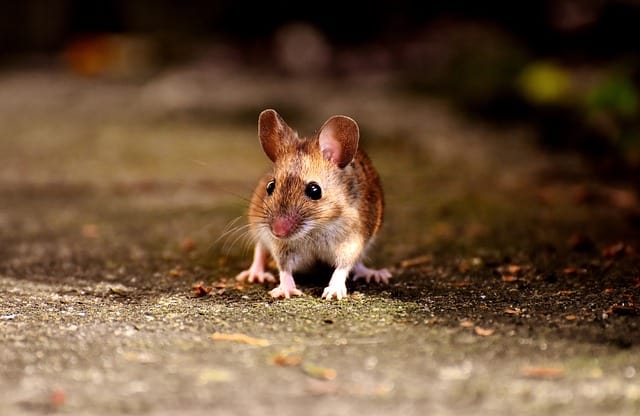French scientists have found that the substance GDF11 in mice causes a condition similar to that of a diet in animals: animals lose weight without losing their appetite and staying healthy. This is an argument in favour of the fact that transfusion of young blood to elderly recipients could theoretically work because GDF11 is one of the substances that are more in the blood of young animals and people than in the blood of old ones.
The assumption that a blood transfusion from a young animal to an old one can extend the life of the latter still causes a lot of controversies. The results of animal experiments look more optimistic, however, they mainly concern only the “rejuvenation” (that is, the improvement of work) of individual organs – for example, the brain or muscles – and not the extension of life as such.
In parallel, some scientists are trying to apply this technology in humans. However, it is unsafe to transfuse the whole blood (all the more regularly) – immune rejection may occur. Therefore, gerontologists are trying to find the main active substances in young blood in order to use them individually.
One of the candidates for the role of such a “youth concentrate” is the GDF11 molecule. During the development of the embryo, GDF11 is involved in the formation of the body structure plan, but its role in the adult body remains controversial. Despite the fact that not all studies reproduce her successes in the field of “rejuvenation”, she continues to be closely studied. Several years ago, scientists introduced the GDF11 protein into the brains of elderly mice and, in addition to the expected increase in neurogenesis, found a sudden effect: the animals lost weight.
Therefore, Lida Katsimpardi and her colleagues at the Pasteur Institute suggested that the mechanisms of action of GDF11 may be somewhat similar to calorie restriction – another common method of prolonging life for model organisms.
Researchers injected GDF11 into the abdominal cavity of older mice and compared their health status with a control group of old animals and young mice. Injections were carried out for a week, every day at 7 pm – before the start of the active phase of the day in mice.
After a weekly course, older mice lost about 4 grams. After that, their weight stabilized and remained at a level comparable to young mice for several weeks. Scientists have confirmed that weight loss was associated with a decrease in the thickness of the fat layer, and the state of the muscles, judging by the histological preparations, did not change.
Then the researchers set up a similar experiment with calorie restriction: they also took two groups of elderly mice and put one on a harsh diet. In starving mice, the concentration of GDF11 significantly increased in the blood – it exceeded one and a half times not only the level of protein in the blood of control old animals but also in the blood of young ones.
Scientists have suggested that GDF11 may influence eating behavior in animals. However, they calculated that older mice that injected GDF11 absorb as much food as control animals. In the “open field” test, where researchers record the trajectory of mice moving through empty space, they found that both groups of old mice walk the same path. Therefore, weight loss cannot be caused by hyperactivity.
Finally, they calculated the amount of absorbed water and excreted, and also measured the concentrations of glucose, corticosterone (stress hormone) and leptin (appetite hormone) in the blood of animals. No significant differences were found in any of these parameters, which means that weight loss is not caused by loss of appetite.
But scientists noticed changes in the metabolism: in animals that received GDF11 and were on a diet, the level of insulin in the blood decreased several times in comparison with both young and adult non-starving mice. In addition, IGF-1 (insulin-like growth factor-1) decreased in the blood of elderly mice that received GDF11.
Both of these substances – insulin and IGF-1 – are responsible for the absorption of glucose by cells and the initiation of intracellular anabolic processes. It is believed that calorie restriction inhibits the excessive synthesis of substances in the cells and thus inhibits their wear. In this sense, the effect of GDF11 was very similar to the effect of the diet. And this is another argument in the piggy bank of supporters of rejuvenation with the help of young blood or at least one of its components.
Despite the fact that the results of transfusion of young blood are extremely mixed, human trials of this method have been going on for several years. Ambrosia was one of the first companies: its founders reported that blood infusions have a beneficial effect on the health of recipients – however, the company recently closed after a warning from the FDA (the American counterpart to the Ministry of Health). Another company – Alcahest – continues its research. Now its creators are trying to use young blood against Alzheimer’s disease.
